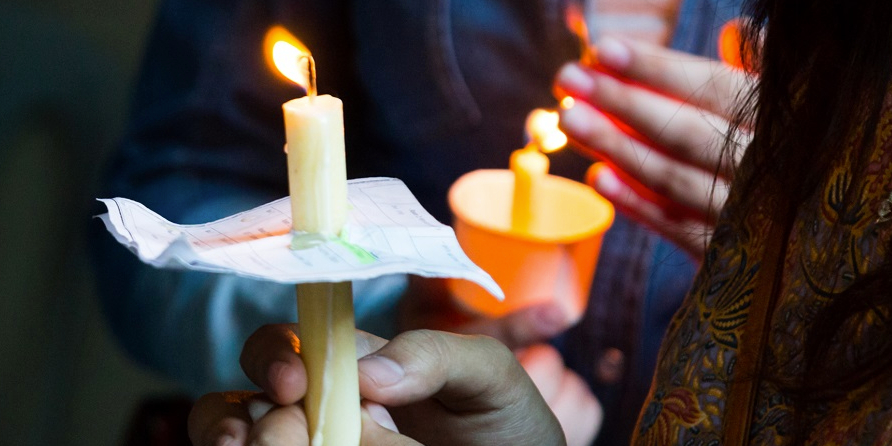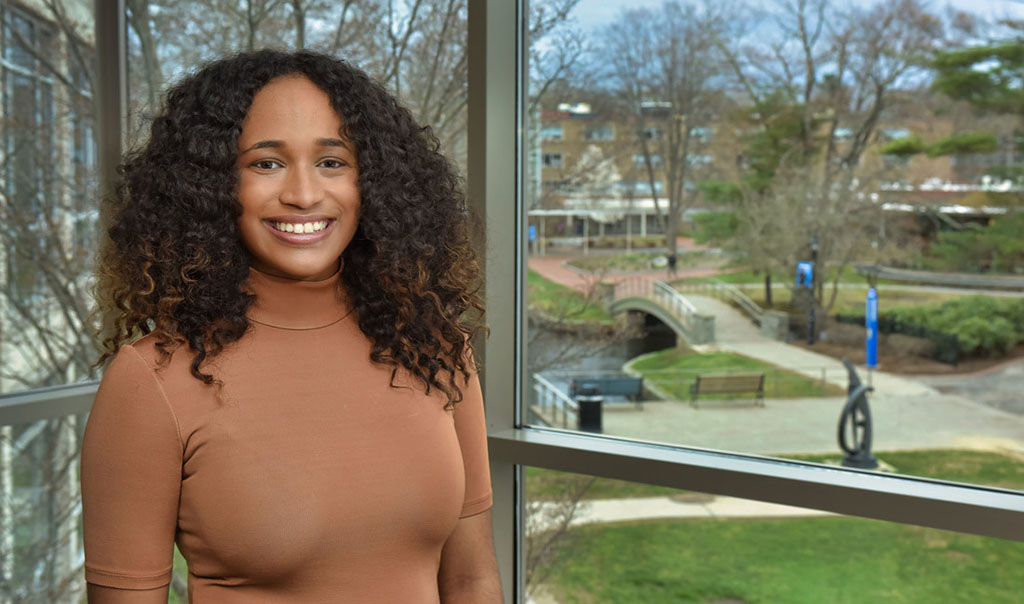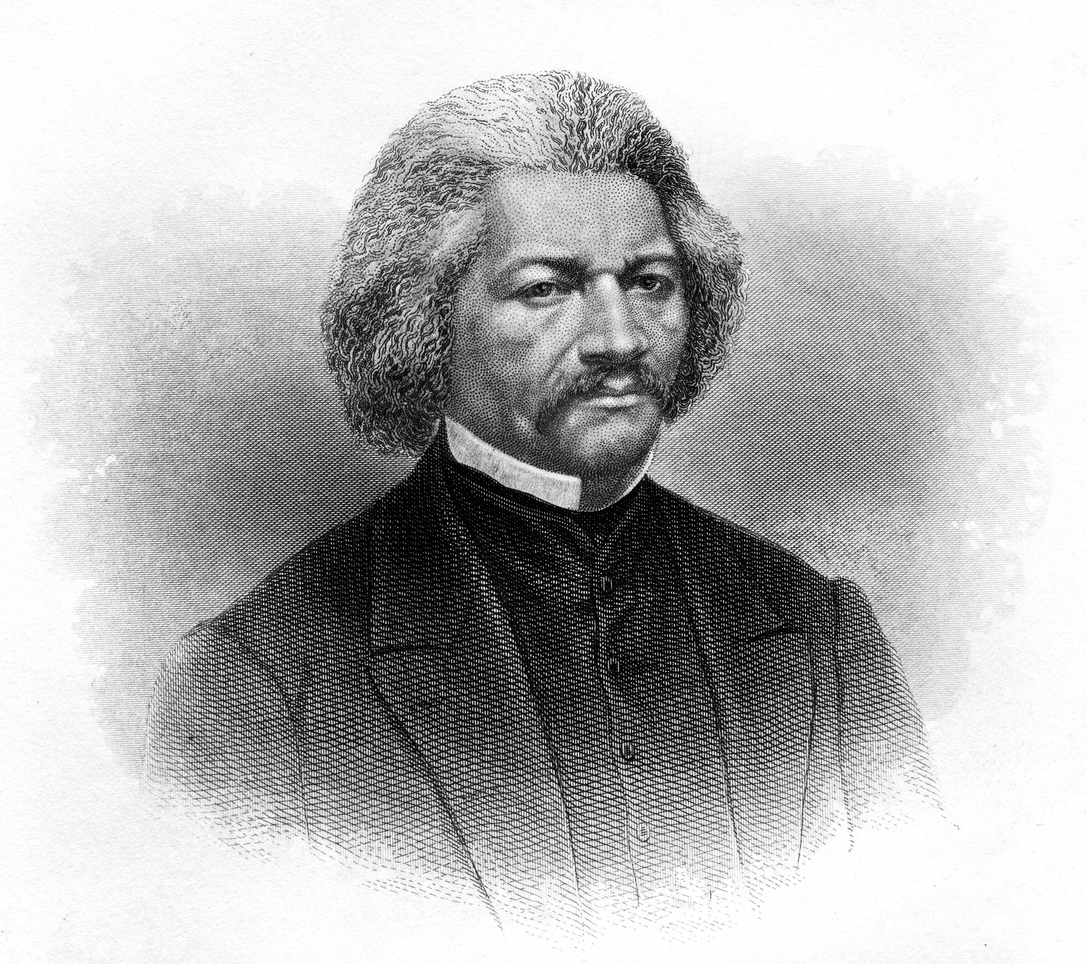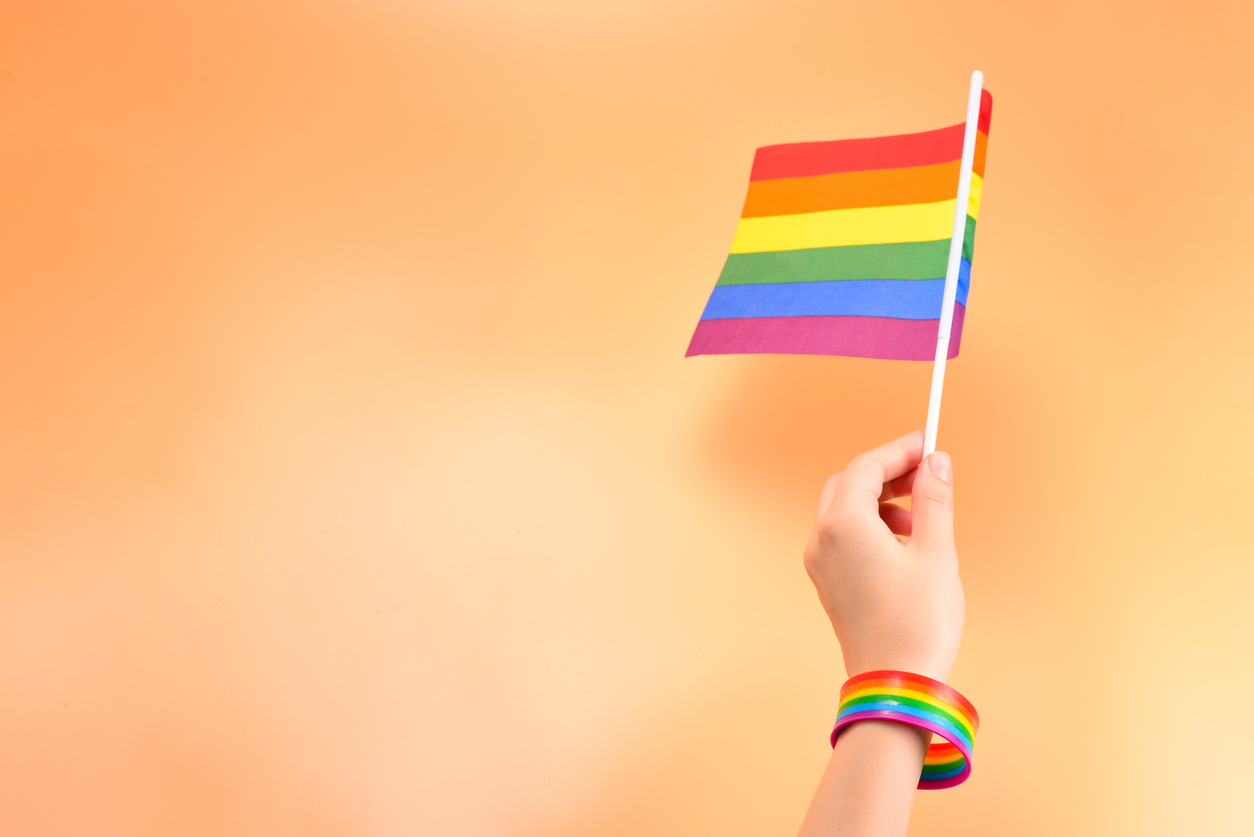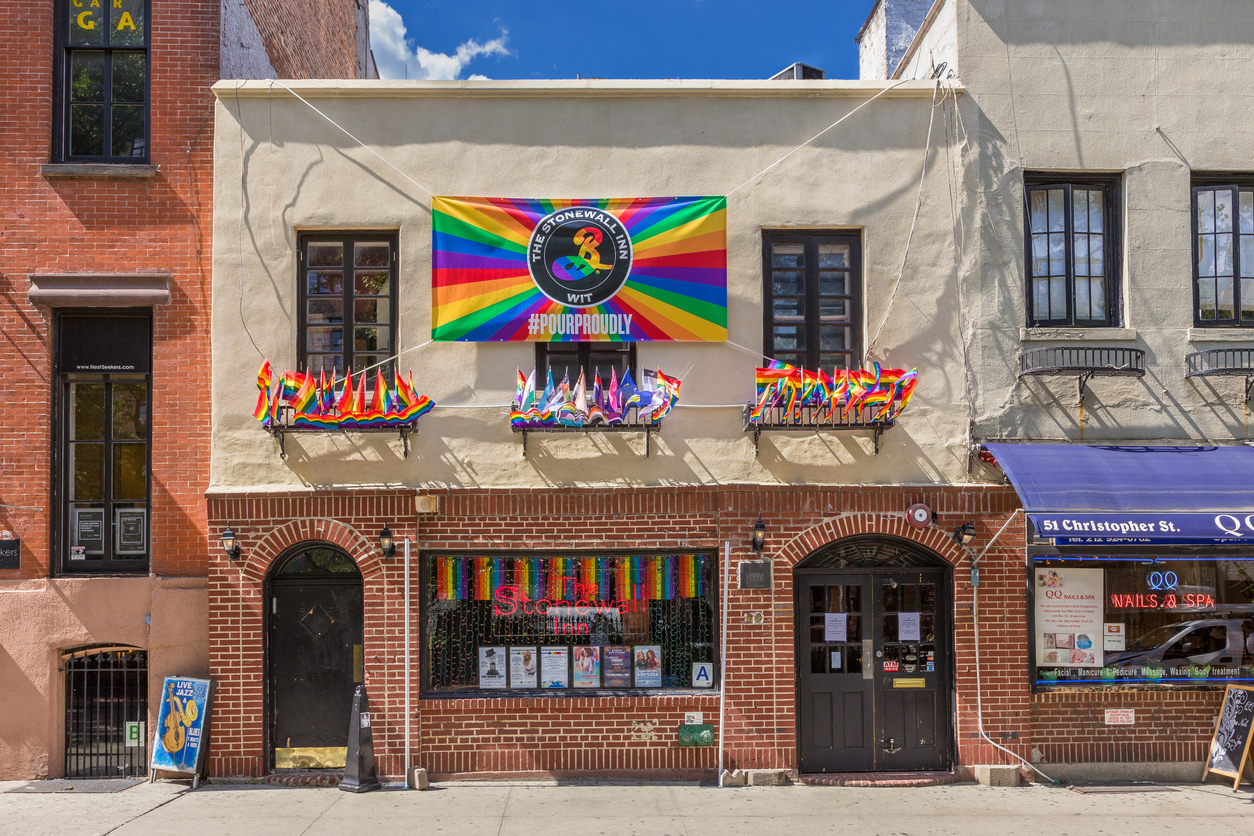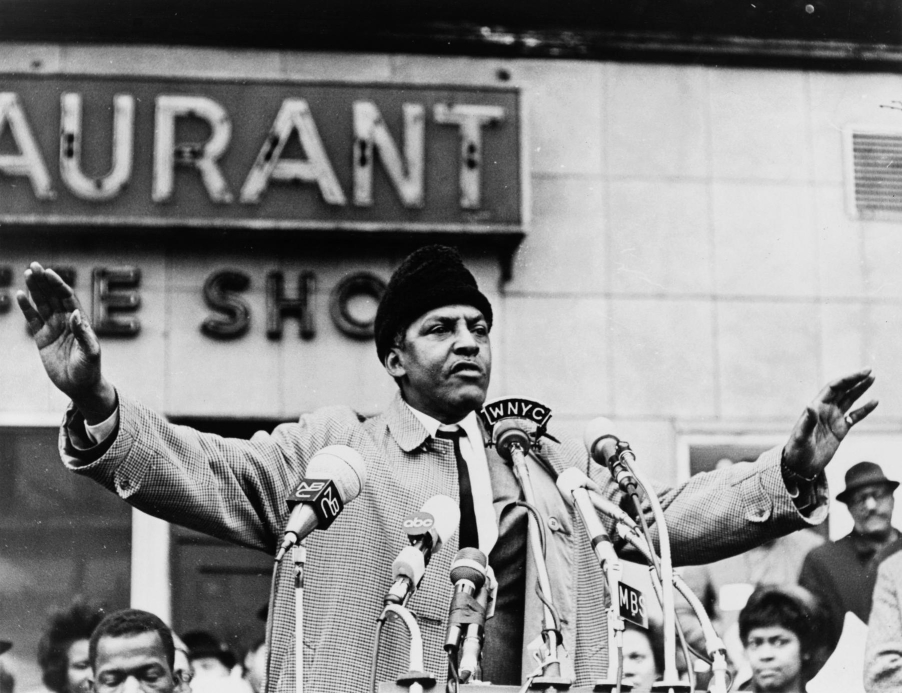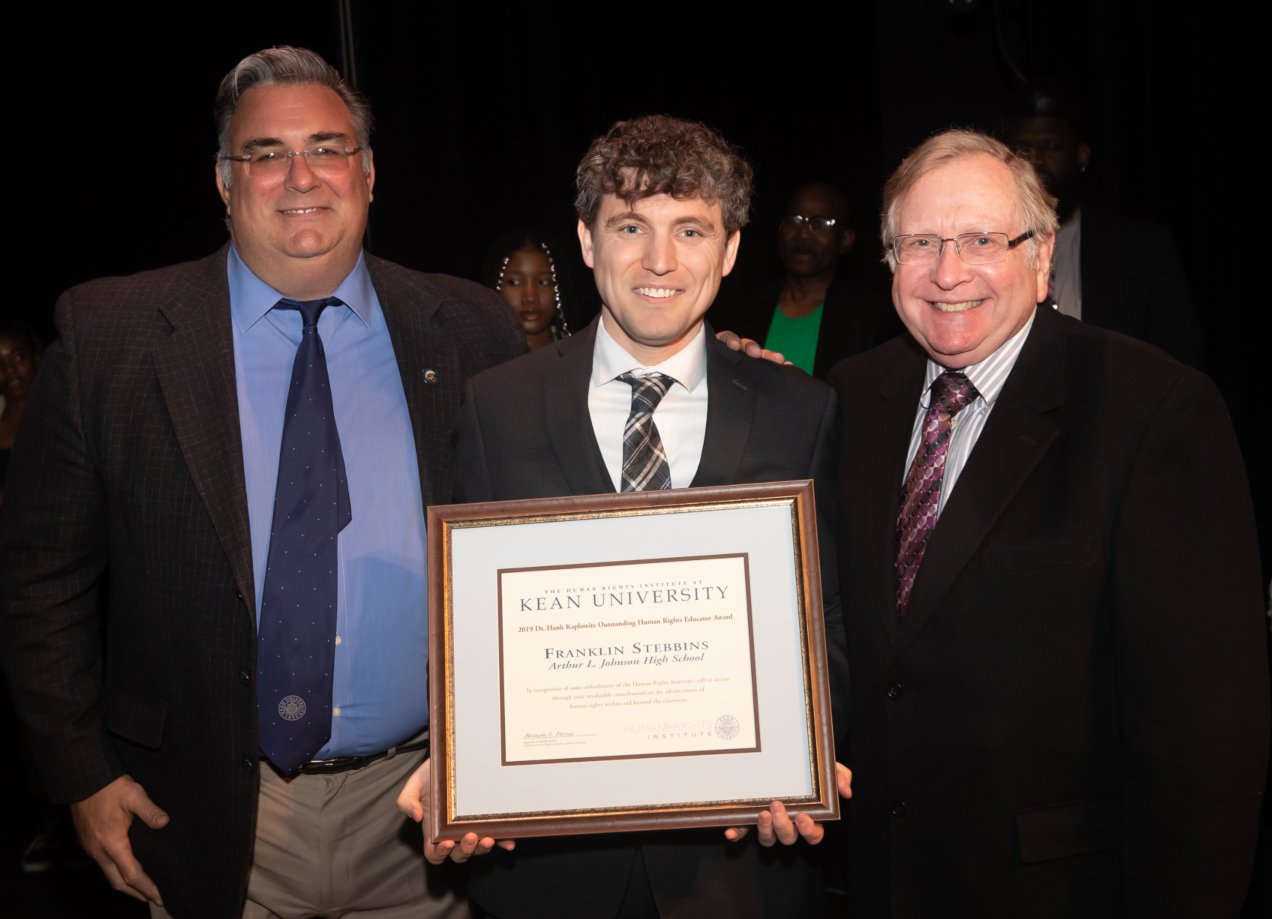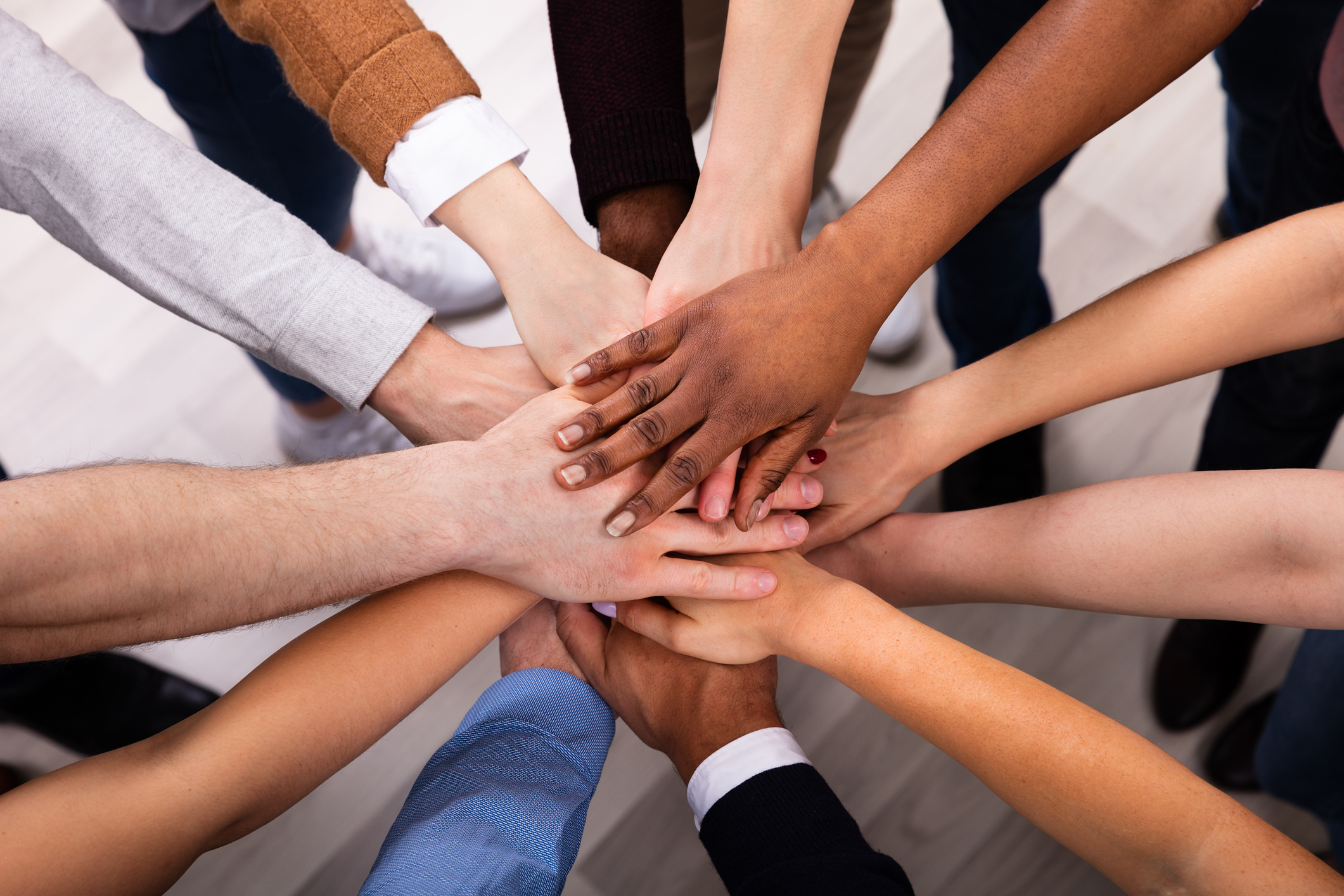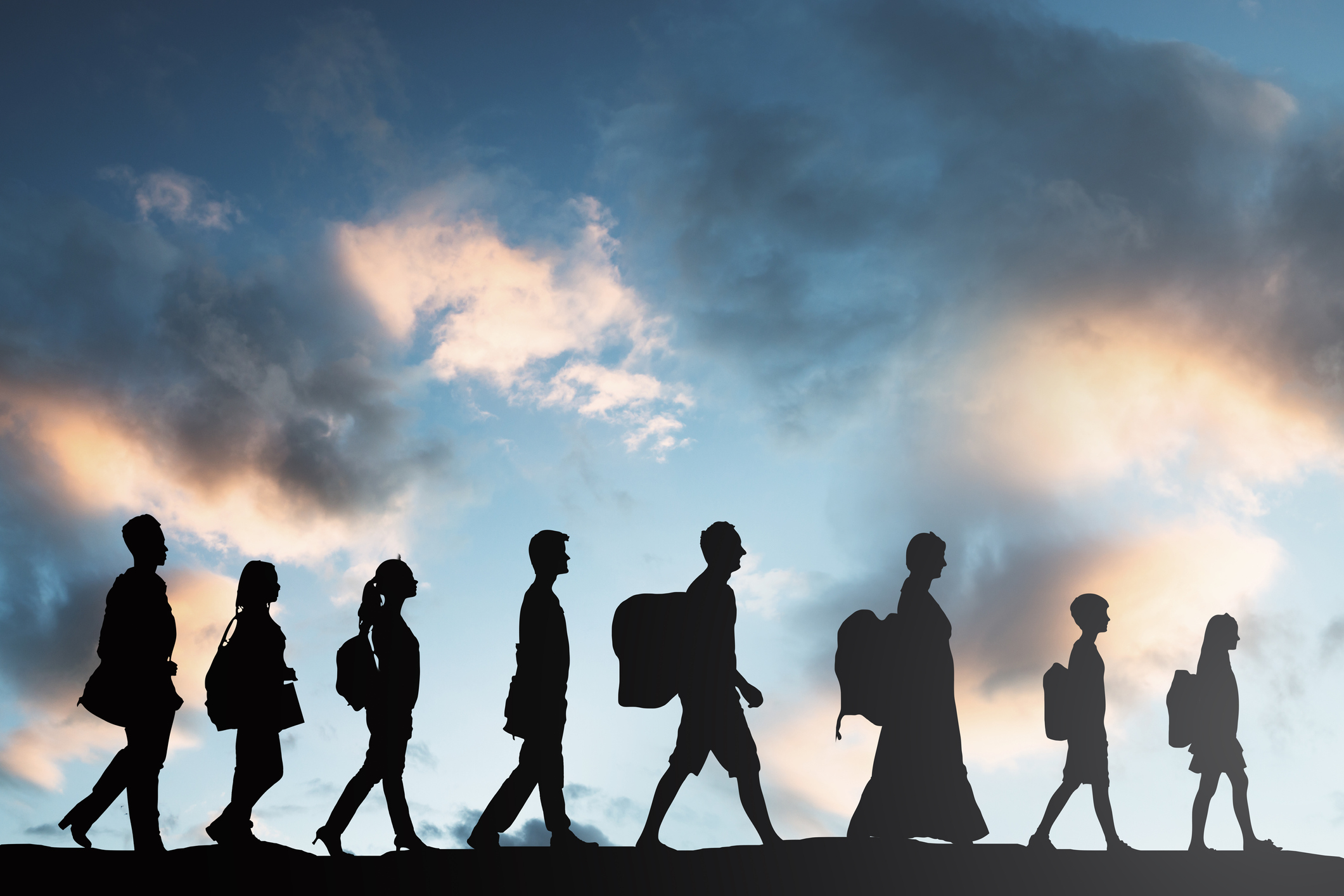Over the last week, mass shootings across the country—from Gilroy, California; to El Paso, Texas; to Dayton, Ohio—claimed over 30 lives and left 69 injured. These horrific events—one of them, a hate crime—evoke a range of emotions from anger to fear to sorrow as we mourn the loss of the victims, and watch their families and communities grieve the immeasurable losses that have befallen them.
Kaitlin Smith
Recent Posts
For teachers who don’t hold additional jobs, summer vacation offers an opportunity for a hard reset—a time to recharge from the madness of the academic year and prepare for the rigors of the next one. But it’s hard to find solace in the slowed pace of summer when it’s only a matter of time before we will, again, feel the stressors of the classroom. The chronic stress at the heart of teacher burnout follows us all year long, and the consequences may be more far-reaching than we think. Though declines in teachers’ health and students’ academic performance are among the major consequences of teacher burnout, the emotional intelligence of our students is also at stake.
Topics: Teachers, School Culture, Empathy
How Facing History Stirs the Call to Teach: An Alumna Interview
Posted by Kaitlin Smith on July 19, 2019
Formed in collaboration with Facing History and Ourselves in 2005, The Facing History School is a public high school deeply informed by Facing History pedagogy within the New York City Public Schools. In a recent interview, I spoke with Yenny Bautista—alumna and Fulbright English Teaching Fellow to Brazil—about how the Facing History experience stirred her call to teach.
In Frederick Douglass’ landmark 1852 speech, “What to the Slave is the Fourth of July?,” he exposed the hypocrisy at the heart of American democracy in the antebellum period. Douglass addressed descendants of white American colonists in Rochester, New York—colonists who had declared independence from the oppression of British rule only to construct a new world predicated on the enslavement of other human beings. He galvanized the audience to examine these contradictions in the wake of a legal decision that would seal the fates of many thousands of enslaved Africans for over a decade.
Topics: Reconstruction, American History, Black History
Teaching LGBTQIA+ Students: Insights from Harvey Milk High School
Posted by Kaitlin Smith on June 28, 2019
Harvey Milk High School was the first high school in the world designed for LGBTQIA+ students when it opened in New York City in 1985. In a recent interview, I spoke with two Harvey Milk staff—clinical social worker Tanya Koifman and social studies teacher Natalie Velazquez—about some of the unique challenges facing LGBTQIA+ students today, the depth of resilience their students exhibit, and strategies educators can use to engage LGBTQIA+ students everywhere.
Widely considered the event that inaugurated the modern gay rights movement, this Friday, June 28th marks the 50th anniversary of the Stonewall Riots.
Stonewall was the culmination of a number of efforts that had been bubbling just beyond public perception for decades and finally burst into view when a group of LGBTQ people facing ongoing police brutality and economic exploitation fought back at New York City’s Stonewall Inn.
Topics: Memorials, New York, Universe of Obligation, Racism, LGBTQ
Brother Outsider: Remembering Gay Civil Rights Leader Bayard Rustin
Posted by Kaitlin Smith on June 17, 2019
LGBTQ Pride Month every June is an opportunity to explore and amplify the stories of LGBTQ people past and present. But even during Pride Month, we seldom hear stories of LGBTQ people of color. Described as the “unknown hero” of the Civil Rights Movement, Bayard Rustin was the openly gay African American civil rights activist who served as the chief organizer of the historic March on Washington.
Topics: Civil Rights Movement, LGBTQ, Black History
Acclaimed Educator Frank Stebbins on Facing History and Human Rights Education
Posted by Kaitlin Smith on June 7, 2019
From left to right: Freeholder Alexander Mirabella, Frank Stebbins, and Dr. Hank Kaplowitz.
In a recent interview, I spoke with acclaimed educator Frank Stebbins about his path to teaching, unique approaches in the classroom, and how Facing History has been instrumental in his development as an educator. Stebbins was recently named the 2019 Hank Kaplowitz Outstanding Human Rights Educator of the Year by the Human Rights Institute at Kean University.
Topics: Identity, Teachers, Universe of Obligation, Holocaust Education, Social-Emotional Learning, Holocaust and Human Behaviour, facing history pedagogy
The recent 65th anniversary of Brown v. Board of Education—the landmark 1954 U.S. Supreme Court decision that overturned the policy of state-sanctioned segregation in public schools—raised a number of vexing questions for those concerned with educational equity today. As a decades-old quagmire of competing interests sustains school segregation in many parts of the country, this anniversary reminds us that we must have all hands on deck in the continuing fight for educational equity.
Topics: Civil Rights Movement, Democracy, Race and Membership, Jewish Education Program
In our present political climate, discussion of immigration is both essential and inevitable. But how can we confront these polarizing issues in the classroom in ways that deepen empathy, deliver vital historical context, and promote critical thinking? Check out these three rich resources designed for educators who are interested in addressing immigration in the classroom:
Topics: Democracy, Immigration

